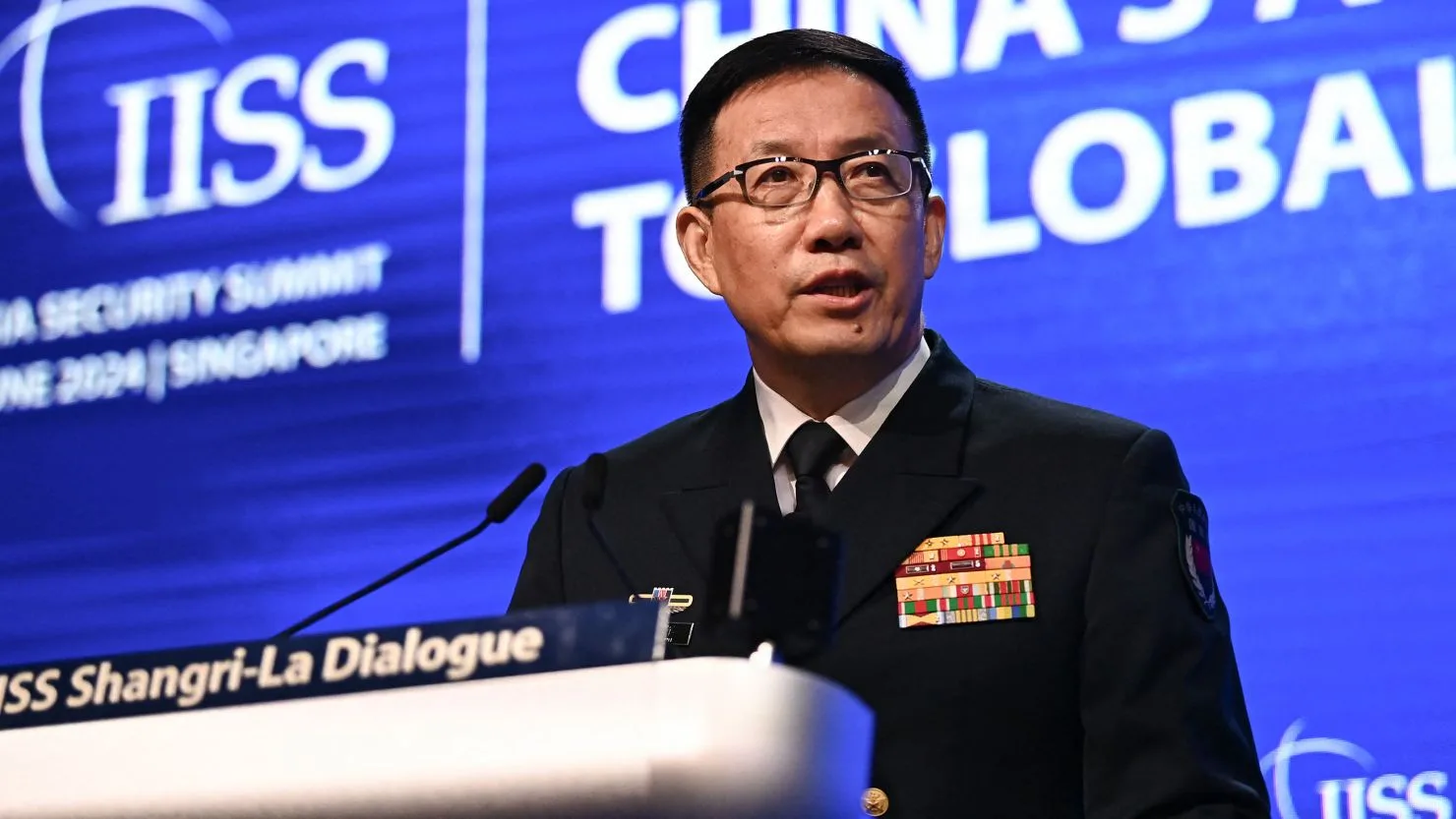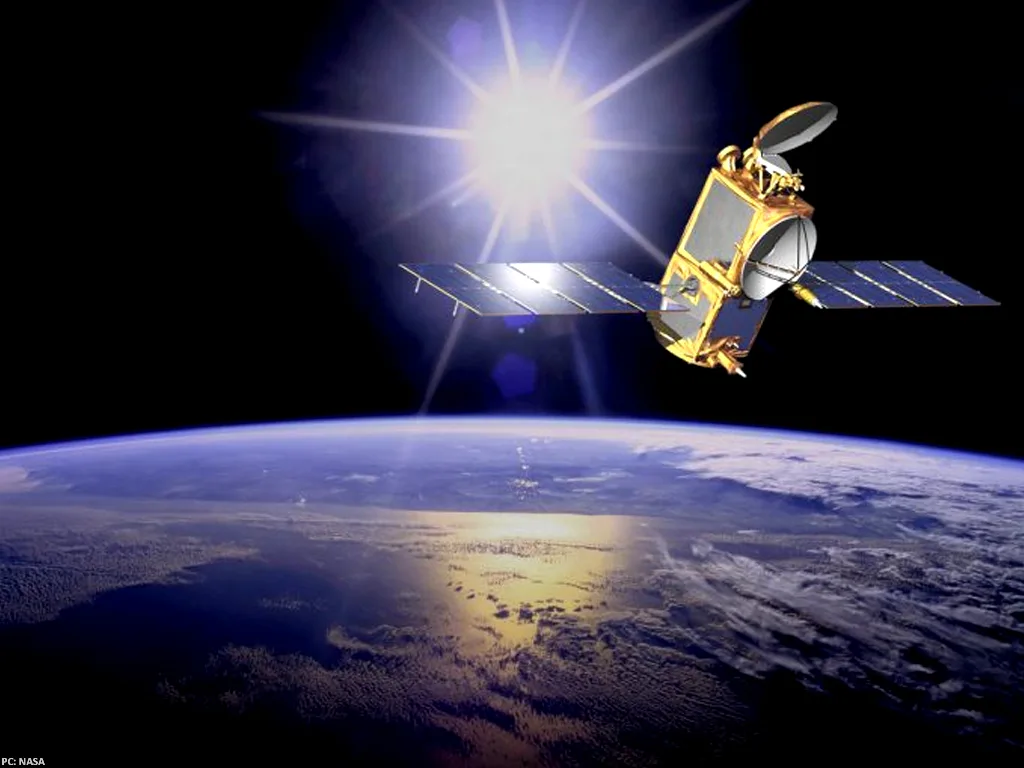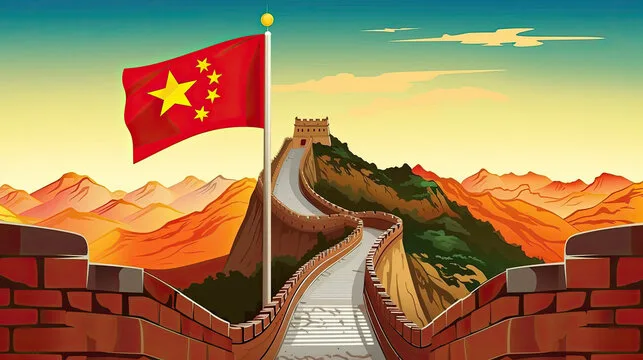At the Shangri-La Dialogue in Singapore, China’s Defence Minister issued a stern warning to the Philippines, Taiwan, and the United States, urging them to “stay within limits.” As China increasingly asserts its dominance from borders to the sea, it openly threatens its rivals, signaling a likely escalation of tensions in the Indo-Pacific region. The dialogue featured heads of state, defence ministers, and military commanders from across the Indo-Pacific.
Philippines President Ferdinand Marcos Jr. declared that any loss of Filipino lives due to Chinese military action in the South China Sea would be considered an act of war. China’s Defence Minister responded by suggesting that the Philippines’ agitation is influenced by external forces, particularly the United States. This summit marked Admiral Dong Jun’s first as Defence Minister. Since last August, tensions have been high between China and the Philippines over the South China Sea, with the Chinese Navy and Coast Guard frequently clashing with Filipino vessels.
Marcos Jr. praised support from nations like India and South Korea, noting India’s recent supply of BrahMos supersonic cruise missiles to the Philippines. In his address, Dong warned the US against instigating conflict in the Asia-Pacific, urging it not to bring either “cold war” or “hot war” to the region.
Regarding Taiwan, Dong declared that any attempt to separate Taiwan from China would result in “destruction” for those involved and severe historical humiliation for Taiwan’s government. New Taiwanese President Lai Ching-te’s recent pro-independence stance and plans to manufacture weapons with US assistance have particularly angered China, leading to increased military drills around Taiwan.
On June 1, 2024, US Defence Minister Lloyd Austin held bilateral talks with Dong, expressing concerns over China’s military exercises against Taiwan. Both defence ministers emphasized the importance of military communication to reduce tensions in the Indo-Pacific.


